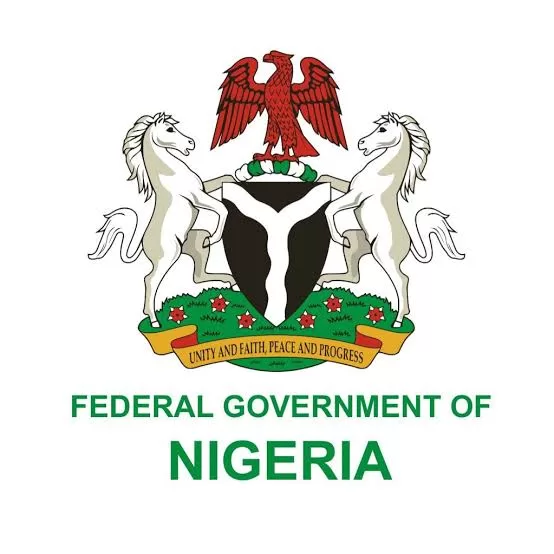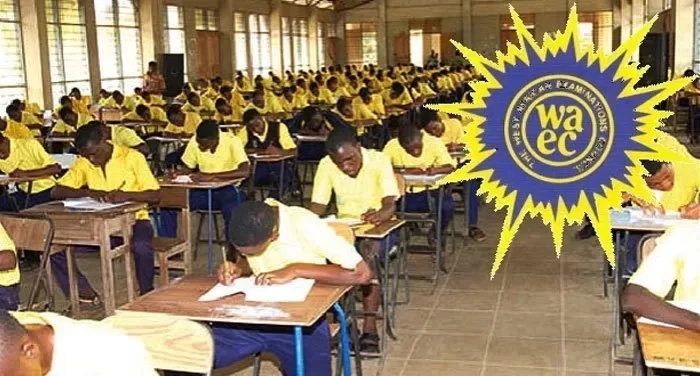The Federal Government of Nigeria has announced plans to activate surveillance measures for inbound passengers from China following a surge in cases of a respiratory virus attributed to the Human Metapneumovirus.
The decision comes amid reports of overcrowded hospitals, emergency measures, and public concerns in China, particularly in the country’s northern provinces where the virus has been spreading rapidly, especially among children under 14 years old.
According to the PUNCH, the Director, Special Duties at the Nigeria Centre for Disease Control and Prevention, Dr. John Oladejo confirmed that the government would implement preventive measures including quarantine protocols and active monitoring of passengers arriving from China.
He said, “The FG will activate surveillance measures, like quarantine, for passengers coming in from China.”
The Human Metapneumovirus is a seasonal respiratory virus that causes mild symptoms such as cough, fever,nasal congestion, and shortness of breath.
It can also progress to more severe illnesses such as bronchitis or pneumonia, particularly among young children, older adults and those with weakened immune systems.
Unlike COVID-19, HMPV typically causes less severe health complications, but it spreads through respiratory droplets close personal contact, and contaminated surfaces, similar to other cold-causing viruses like RSV.
According to Chinese authorities HMPV cases have been spiking this winter, prompting social media fears and videos of overcrowded hospitals circulating online.
However, the Chinese government has downplayed the situation, describing it as a normal winter occurrence.
In a statement, China’s Foreign Ministry spokesperson, Mao Ning, said, “Respiratory infections tend to peak during the winter season. The diseases appear to be less severe and spread with a smaller scale compared to the previous year.”
To manage the outbreak, China has introduced mask mandates,social distancing, and public disinfection measures, alongside a pilot programme to track cases of unknown pneumonia according to state broadcaster CCTV.
In response to the developments in China, Nigeria’s health authorities are on high alert, implementing emergency measures to curb the spread of HMPV into the country.
The government’s action follows public health concerns over a possible repeat of the COVID-19 pandemic, which originated in China’s Wuhan city in December 2019 and has since infected over 777 million people worldwide, according to the World Health Organisation.
While COVID-19 and HMPV are both respiratory illnesses, health experts have emphasized that HMPV is less severe with most cases resulting in flu-like symptoms that resolve within a few days.
The US Centers for Disease Control and Prevention has also raised awareness about HMPV, describing it as a virus that can cause upper and lower respiratory infections in people of all ages, particularly among high-risk groups.
According to the CDC,symptoms of HMPV include: Cough, Fever, Nasal congestion, Shortness of breath.
The incubation period for HMPV is estimated to be between three to six days, and the duration of illness varies based on severity.
With the festive season and international travel still ongoing, Nigerian health authorities are stepping up efforts to prevent the spread of HMPV through active surveillance at airports and border points.
The NCDC has urged the public to remain vigilant and adhere to basic preventive measures such as hand hygiene, wearing masks in crowded spaces, and maintaining social distance to reduce the risk of infection.











